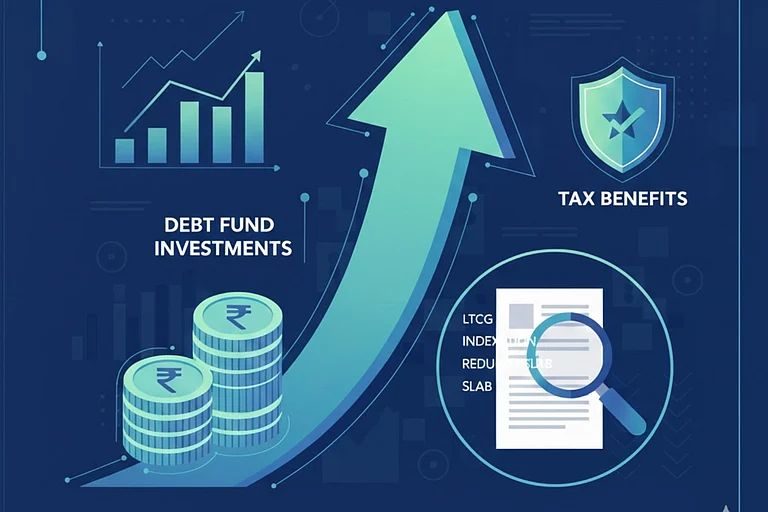NPS offers equity exposure, and therefore often compared with the mutual funds (MFs). Many people consider MFs superior due to their flexibility, allowing full withdrawal at any time. Unlike MFs, NPS allows withdrawal of only 60 per cent of corpus, and that too only upon superannuation.
The debate is also that the MFs enjoy lower tax rates at 12.5 per cent whereas the tax rate for NPS can be as high as 30 percent.
So, the key issue revolves around flexibility and taxation.
Ajay Kumar Yadav, CFPCM, chief executive office and chief investment officer, Wise Finserv, a wealth management firm, says, “Mutual funds certainly offer full liquidity and flexibility at retirement, allowing investors to structure their own withdrawals. However, the NPS comes with several underrated advantages that are often overlooked.”
He highlights, “NPS is a low-cost structure product, significantly cheaper than mutual funds in terms of annual expenses, which over a long investment horizon can make a meaningful difference. Most NPS subscribers do not utilise the full potential of the platform. For instance, NPS allows up to four switches a year between asset classes (equity, corporate bonds, and G-Secs) without incurring any exit load or capital gains tax, unlike mutual funds.”
MFs offer a wide variety of schemes and fund managers, which can sometimes be overwhelming when trying to choose from hundreds of options. Compared to this, NPS provides a structured approach with different investment options and pension fund managers, however, without making it overwhelming for investors.
Flexibility Of Withdrawal In NPS And MFs:
While the ceiling of 60 per cent withdrawal at superannuation may discourage some people from investing in NPS, the 40 per cent annuity is not futile.
Says Yadav: “This restriction should not be seen purely as a limitation. For financially undisciplined investors, it is a protective feature ensuring that part of the corpus remains locked to provide lifelong income through an annuity. Also, with the SLW facility, the 60 per cent lump sum becomes highly flexible, and investors can design their own systematic withdrawals without tax liability.”
Is NPS Tax-Inefficient Compared To MFs?
Note that from financial year 2025-26, the tax rebate ceiling has increased to Rs 12 lakh in the new tax regime but special tax rates, such as short-term capital gain (STCG) and long-term capital gain (LTCG) remain outside of this ceiling.
• Tax rate for STCG: 20 per cent
• Tax rate for LTCG: 12.5 per cent on the gain above Rs 1.25 lakh in a year
So, exiting MFs will incur taxes at these fixed rates, irrespective of one's total income of less than Rs 12 lakh. In contrast, a lump sum withdrawal from NPS is entirely tax-free, and an annuity is taxable at the income tax slab rates, which may be as high as 30 per cent.
However, NPS tax rates vary with income levels, they are not always 30 per cent and are very unlikely to be so for pensioners.
Says Yadav, “Most Indian retirees, particularly those not covered by government or PSU pensions, fall in the 5 per cent to 20 per cent tax brackets. The notion that NPS annuity forces everyone into the 30 per cent bracket is exaggerated.”
He adds, “Mutual fund gains fall outside the Rs 12 lakh exemption ceiling, making them always taxable, whereas NPS annuity taxation is slab-based and can be managed more efficiently for many retirees. From a tax planning perspective, NPS offers greater structural flexibility if the subscriber takes advantage of SLW and allocates smartly, while mutual funds allow active tax-loss harvesting and capital gain management. Both instruments require strategic planning to maximise tax efficiency.”
The point here is that it is not the instrument but the strategy which is important to minimise the tax and maximize the gains. Tax can be planned, and it should not be a reason to avoid NPS.
However, in addition to these measurable criteria (flexibility and taxation), one should also pay attention to the subjective aspects like preference, attitude, and habit toward investment before deciding where to invest.
Until one has the knowledge and time, it is better to invest in an expert-managed instrument while keeping the portfolio diversified for generating returns, minimising risk, and saving taxes.



















